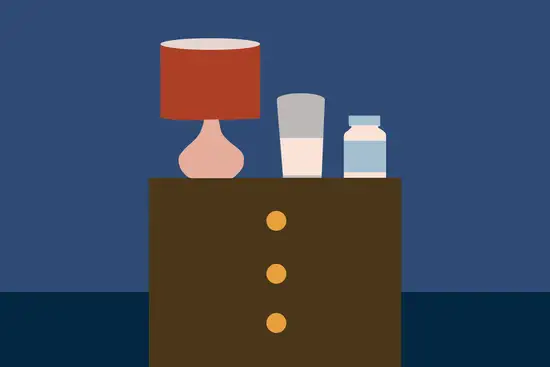Hydroxyzine — Key points
If you’re sleeping badly, you might be looking for a quick fix that’ll get you sleeping soundly as swiftly as possible. It’s at this point you may turn to medications, keen to avoid spending night after night lying awake and to just get a decent night’s sleep. But is medication really the answer? And if so, with so many options out there, how do you know what’s the best option for you?
In this article, we’ll take a look at the antihistamine hydroxyzine, and take a deep-dive into:
- what hydroxyzine is and what it does
- whether hydroxyzine can help you sleep
- the side effects of hydroxyzine
- what to do if you’re looking for a drug-free alternative.
What is hydroxyzine?
When it comes to being prescribed medicines for sleep, there’re lots of different classes of medication that your healthcare provider might recommend. These include:
- benzodiazepines (like temazepam)
- ‘z’ drugs (like zopiclone and zolpidem)
- antidepressants (like amitriptyline, trazodone and mirtazpine)
- antihistamines.
Sleep better without hydroxyzine
People who have sleeping problems often turn to hydroxyzine, hoping for a quick fix. Most people don’t realise that there are more effective ways to treat your sleeping issues without side effects. With Sleepstation you can significantly improve your sleep without relying on medication.
Sleepstation will help you:
- fall asleep quickly
- get all the sleep you need
- spend less time awake in bed
- wake feeling refreshed.
Hydroxyzine is what is known as a 1st generation antihistamine. Depending on where you live, you might also know it as Vistaril or Atarax.
As with other antihistamines, hydroxyzine can be used to treat allergic conditions like hay fever, hives, and irritation following insect stings and bites.1
As well as helping with allergic symptoms, several 1st generation antihistamines, such as hydroxyzine, are known to cause sleepiness and because of this they have been used to help people who can’t sleep.
Sleep better without hydroxyzine
People who have sleeping problems often turn to hydroxyzine, hoping for a quick fix. Most people don’t realise that there are more effective ways to treat your sleeping issues without side effects. With Sleepstation you can significantly improve your sleep without relying on medication. Sleepstation will help you:
- fall asleep quickly
- get all the sleep you need
- spend less time awake in bed
- wake feeling refreshed.
Sleep better without hydroxyzine
Get support from sleep experts, plus self-help tools.
Working with an expert who really grasps your situation is key to unlocking real sleep, effortless sleep. You deserve to sleep well and to work with people who have the right knowledge and expertise to help you get there.
Begin your journey to a lifetime of better sleep with:
- a full week of unlimited access to our highly-trained sleep coaches.
- direct contact and professional advice, with no waiting lists.
- expert insights to control and repair your sleep.
- lifetime access to an ever-growing library of sleep tools and resources.
What does hydroxyzine do?
To understand how hydroxyzine affects your sleep, it’s important to know first how histamine and antihistamines affect the brain.
Histamine is a chemical found in the body. It has generally excitatory effects in the brain and is essential for normal wakefulness, especially during specific circadian phases. Antihistamines reduce the amount of histamine in the body and this can produce sedation.2
This effect is what has led to the use of 1st generation antihistamines such as hydroxyzine as sleep aids. Hydroxyzine also works on a number of other receptors involved in the control of sleep/wake.
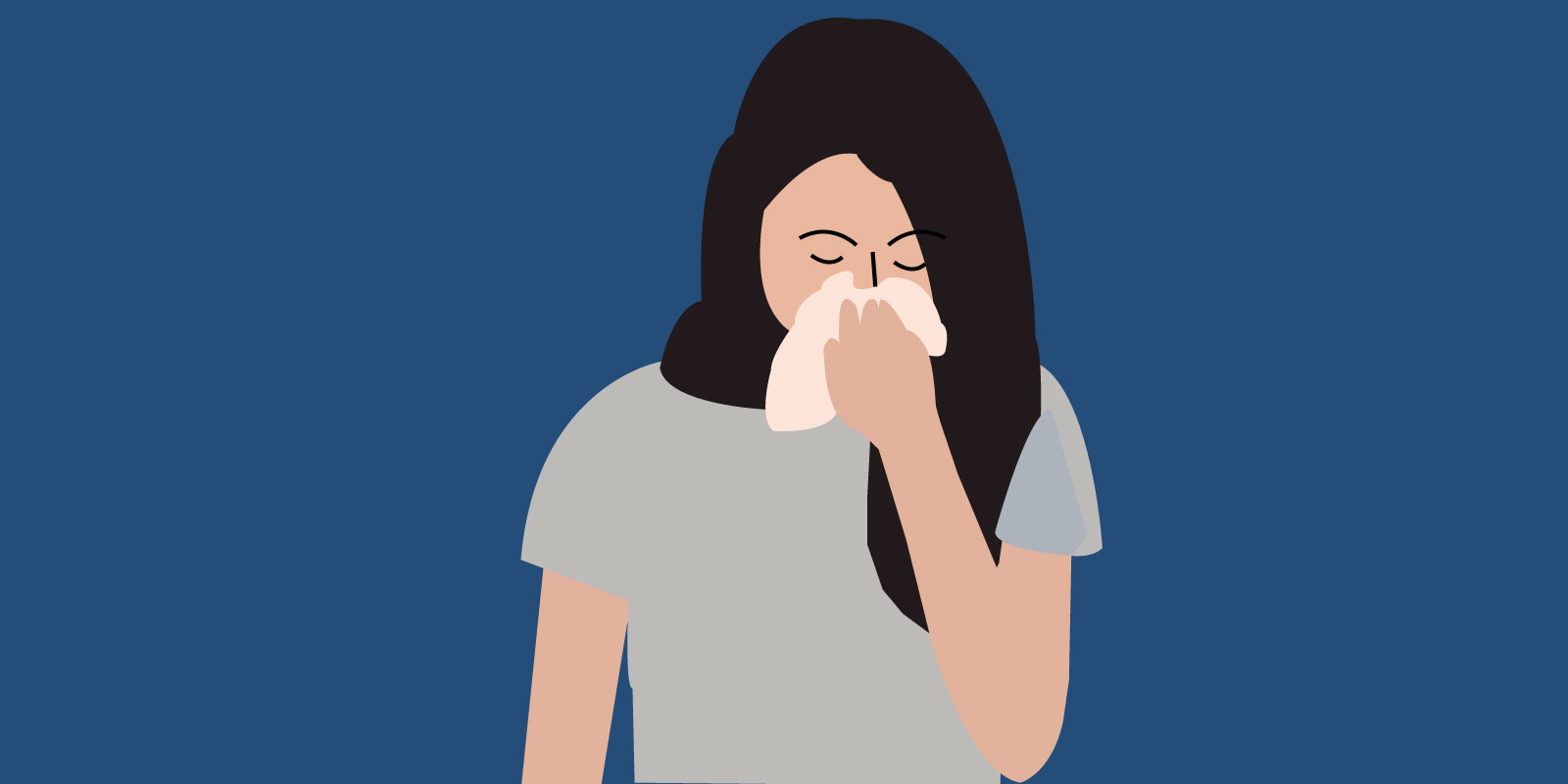
Does hydroxyzine make you sleepy?
The sedating properties of hydroxyzine have been known for many decades.
Studies have shown that hydroxyzine decreases sleep onset time, so you fall asleep quicker, and improves self-reported sleep quality. Depending on the dose, the total time spent asleep can also be longer in people who have been given hydroxyzine.3
It’s because of these effects that hydroxyzine started being used to help people who were sleeping badly.
So now we know why hydroxyzine is sometimes used as a sleep medication. Let’s take a look at hydroxyzine for sleep in a bit more depth, starting with what sort of dosage you should be taking.
Hydroxyzine dosage for sleep
Some EU countries have approved hydroxyzine for treating insomnia. In the US hydroxyzine is not specifically licensed for insomnia but is approved for treating anxiety.4
However hydroxyzine is sometimes used ‘off label’ for insomnia. Using a drug ‘off label’ means that a doctor may prescribe it for something other than its formally approved use. In this case, this means a doctor may prescribe it to help a patient with their sleep problem.
So if you’re taking hydroxyzine for sleep, how much should you be taking and does it depend on what you’re taking it for?
Let’s find out.
The initial dose of hydroxyzine to help with sleep in adults is 25mg to be taken at night, every night, up to a maximum daily dose of 100mg. Its use is not recommended in the elderly, but if it is prescribed, the maximum dose should be 50mg.5
A dose of 25mg hydroxyzine at bedtime may:
- reduce sleep onset time
- increase total sleep time
- raise sleep efficiency (the amount of time spent sleeping, relative to the time spent in bed).6
It’s worth noting that there are few longer term studies into the efficacy and safety of hydroxyzine for insomnia.
So if hydroxyzine could help you sleep, what are the drawbacks? Well, like most medications, hydroxyzine has a range of side-effects, which we’ll explore now.
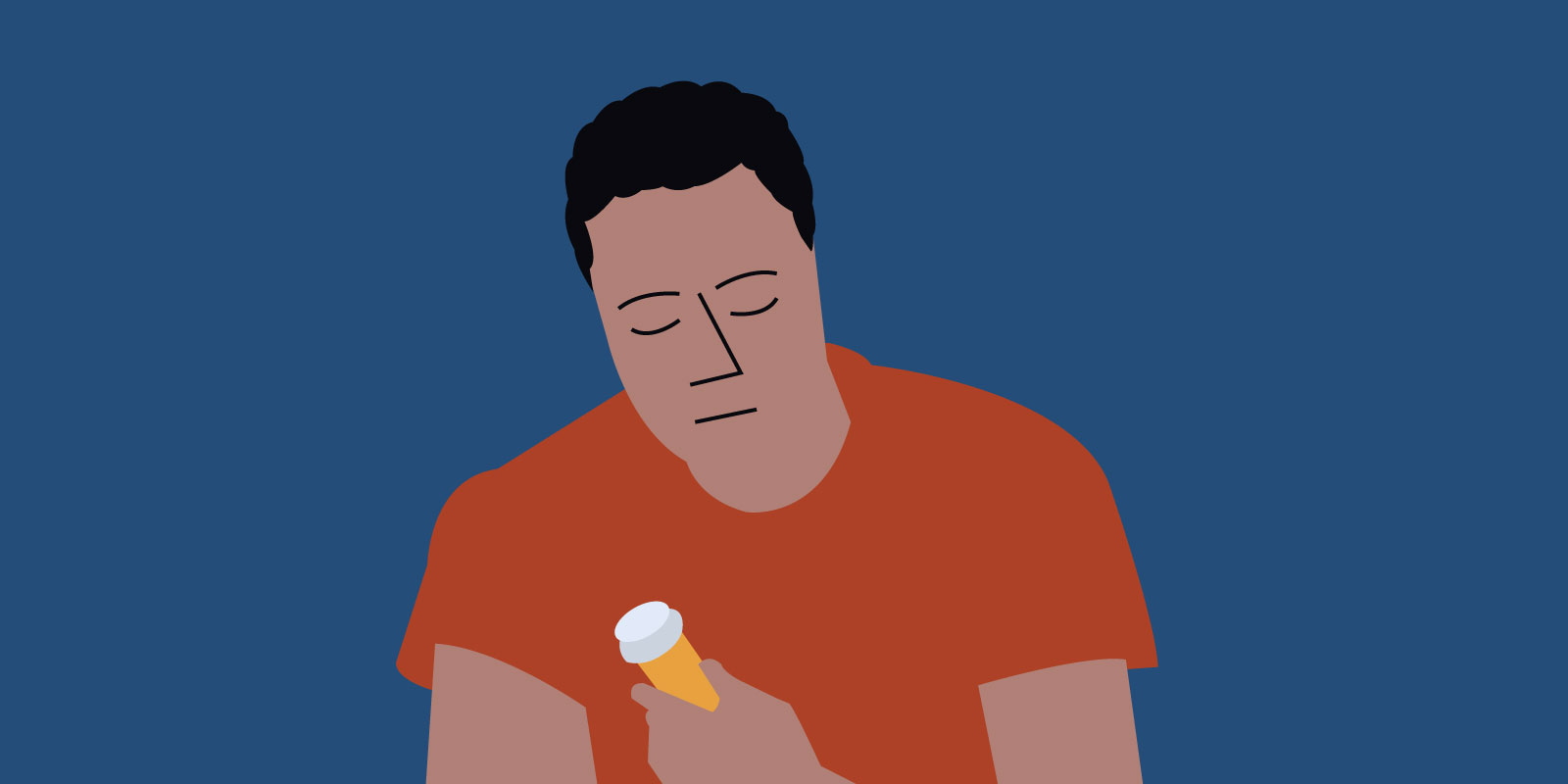
Hydroxyzine side effects
It’s well documented that older antihistamines like hydroxyzine have a wide range of side effects. How much these side effects (primarily drowsiness) could interfere with your waking life depends on when the dose is taken.
The sedation that hydroxyzine gives when taken close to bedtime could help you get to sleep. But if you take a hydroxyzine dose too early in the day, you might feel slowed down and not function as well as you normally would.
Do you need to drive or does your job involve operating heavy machinery? These are the kinds of activities that wouldn’t be advised if you’ve taken a medicine that makes you sleepy during the day as you can become a risk to yourself and others.
There’s also the risk of the sedative effects persisting after waking which is, of course, not ideal.7 8 Other side effects of hydroxyzine include:
- blurred vision
- dry mouth
- hallucinations
- headaches and vertigo
- psychosis
- seizures.9
But there’re even more serious risks to consider. Regulatory authorities have identified a small risk of cardiovascular issues leading to fainting, palpitations or cardiac death in vulnerable populations (e.g. those on certain medications which lower the heart rate or potassium levels).9
This has led them to recommend maximum doses of 100mg of hydroxyzine in adults. The same authorities have also recommended the ‘restriction [of] the use of hydroxyzine to the lowest effective dose for the shortest possible duration.’5
As with all medication, how severe the side effects are will differ from person to person. One person may have minimal side effects on a 25mg dose, yet another may have more severe side effects from the same dose.
Hydroxyzine interactions and long term use
If you’re already taking medication, it’s important to consider if they’ll interact with hydroxyzine and how. Often, people who have trouble sleeping also take medication for other things such as assistance with mood, pain or treating another health condition. If this is the case, it’s important to understand how introducing a new medication like hydroxyzine into your current medication schedule could affect you.
A number of medications are known to interact with hydroxyzine.10 Most importantly, some can affect the heart rhythm in a certain way (prolonging what’s called the QT interval). It’s also worth noting that if you already take drugs that have a sedative effect, these can increase the sedation produced by hydroxyzine. This effect can also occur when drinking alcohol too.
The possible side effects and potential interactions of hydroxyzine should be discussed with your doctor or healthcare practitioner if you’re thinking of taking hydroxyzine.
So it’s clear that, as with any medication, there are a range of considerations to be aware of if you’re considering asking for hydroxyzine from your doctor. And is there an alternative that can deliver great sleep without relying on sleeping tablets?
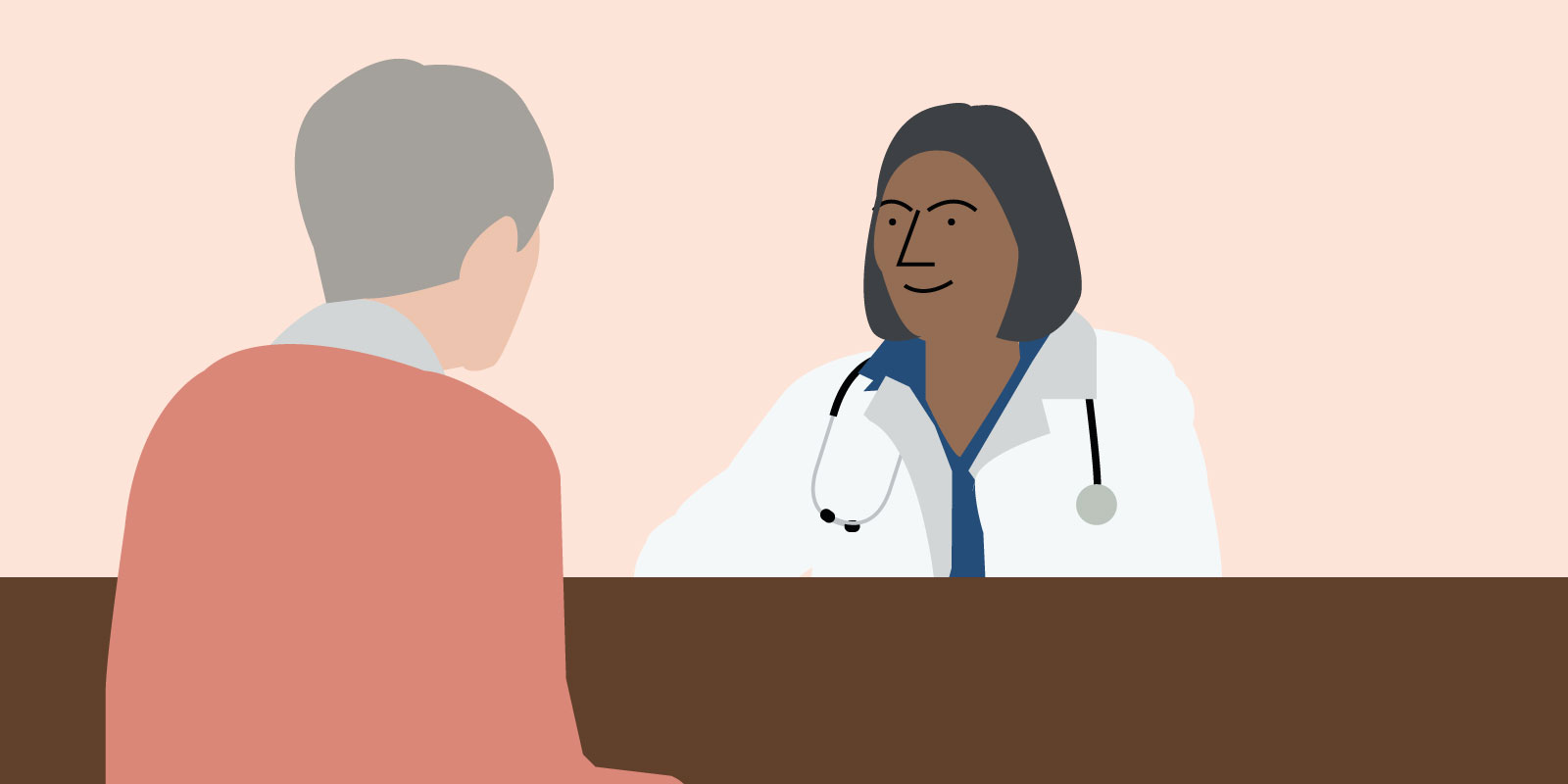
Sleepstation can resolve your sleep problems long-term
One of the biggest drawbacks with medicines for sleep is that they’re only effective as long as you’re taking them. And once you stop, your insomnia symptoms may return.
So what’s the alternative?
Cognitive Behavioural Therapy for insomnia (CBTi) is a drug-free approach that addresses the cause of your sleep problems, not just the symptoms.
Using a combination of techniques to help you reframe your thoughts around sleep and adapt your behaviours, CBTi gets to the root cause of what’s keeping you up at night. Then we equip you with the techniques and skills to make sure you sleep well and continue to long after your therapy has ended.
CBTi is proven to be highly-effective, without the gamble of side-effects, undesirable interactions with other medications and reduced long-term efficacy. The evidence for CBTi is actually so positive that it’s become the first line treatment for adults with insomnia.
At Sleeptation, we use a blend of CBTi and human support to bring about long-term, positive changes to your sleeping habits.
To get started, just tell us a little about yourself by filling in our short questionnaire and you could be on the way to sleeping better in as little as four weeks.
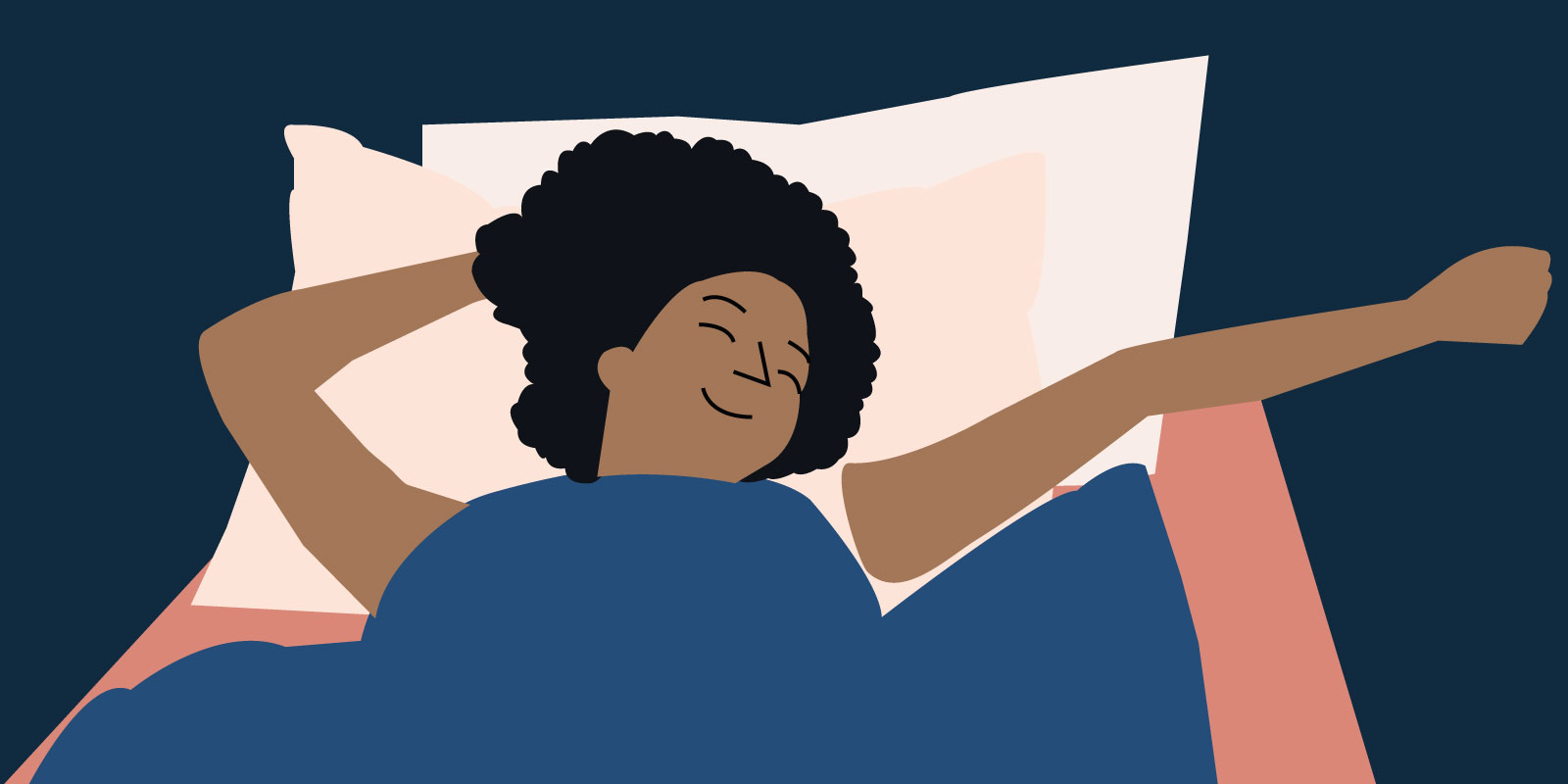
Summary
- Hydroxyzine is an antihistamine that can also be used to aid sleep.
- Hydroxyzine can lower sleep onset times and increase your total sleep time.
- There can be some ‘hangover’ effects from its use, especially at higher doses.
- Side effects can include: dry mouth, headaches and hallucinations.
- Hydroxyzine can have severe interactions with a number of medications.
- Sleepstation offers a long-term resolution to your sleep problems, without the need for medication.
References
- Simons FER, Simons KJ. Histamine and H1-antihistamines: celebrating a century of progress. J Allergy Clin Immunol 2011; 128: 1139-1150.e4. ↩︎
- Hindmarch I, Shamsi Z. Antihistamines: models to assess sedative properties, assessment of sedation, safety and other side‐effects: Models to assess sedative properties of antihistamines. Clin Exp Allergy 1999; 29: 133–142. ↩︎
- Burgazli CR, Rana KB, Brown JN, Tillman F 3rd. Efficacy and safety of hydroxyzine for sleep in adults: Systematic review. Hum Psychopharmacol 2023; 38: e2864. ↩︎
- FDA. Vistaril. 2014. Available here. (accessed 17 Jan2024). ↩︎
- EMA. Hydroxyzine. European Medicines Agency. 2018. Available here. (accessed 20 Sep2023). ↩︎
- Alford C, Rombaut N, Jones J, Foley S, Idzikowski C, Hindmarch I. Acute effects of hydroxyzine on nocturnal sleep and sleep tendency the following day: A C‐EEG study. Hum Psychopharmacol 1992; 7: 25–35. ↩︎
- Simons FE. The eternal triangle: benefit, risk, and cost of therapeutic agents. Ann Allergy Asthma Immunol 1996; 77: 337–340. ↩︎
- Estelle F, Simons R. H1-receptor antagonists: safety issues. Ann Allergy Asthma Immunol 1999; 83: 481–488. ↩︎
- Hydroxyzine hydrochloride | Drugs | BNF content published by NICE. Available here. (accessed 17 Jan2024). ↩︎
- Hydroxyzine | Interactions | BNF content published by NICE. Available here. (accessed 20 Sep2023). ↩︎


